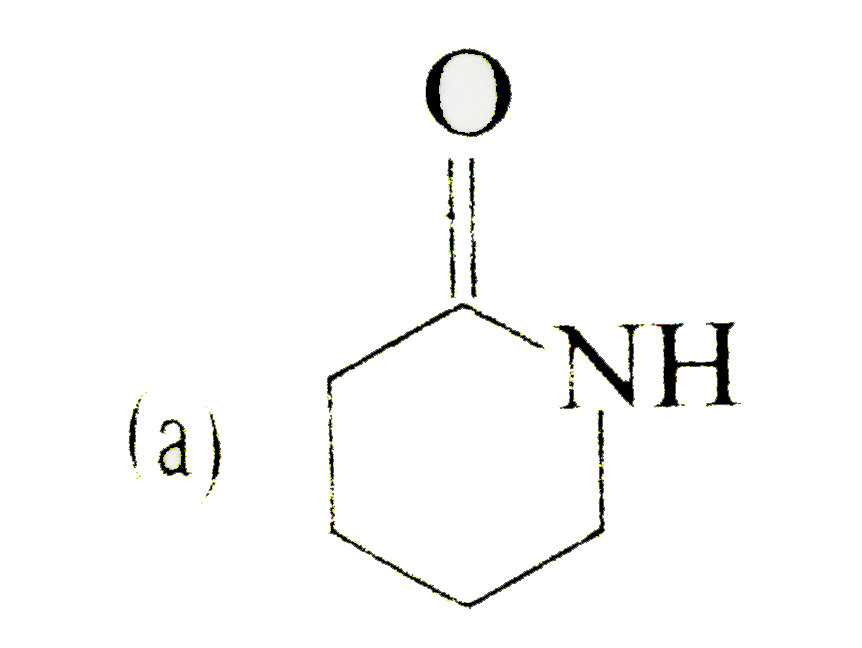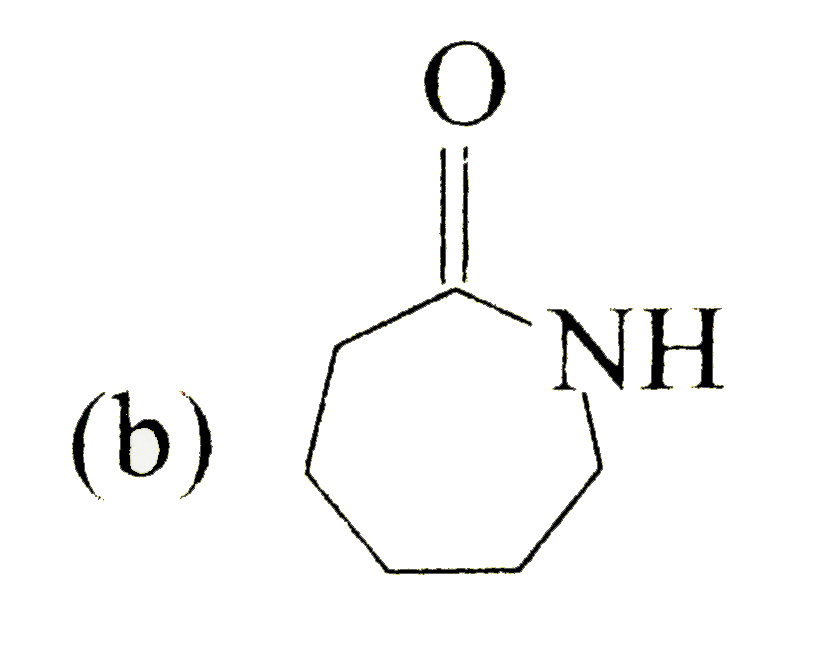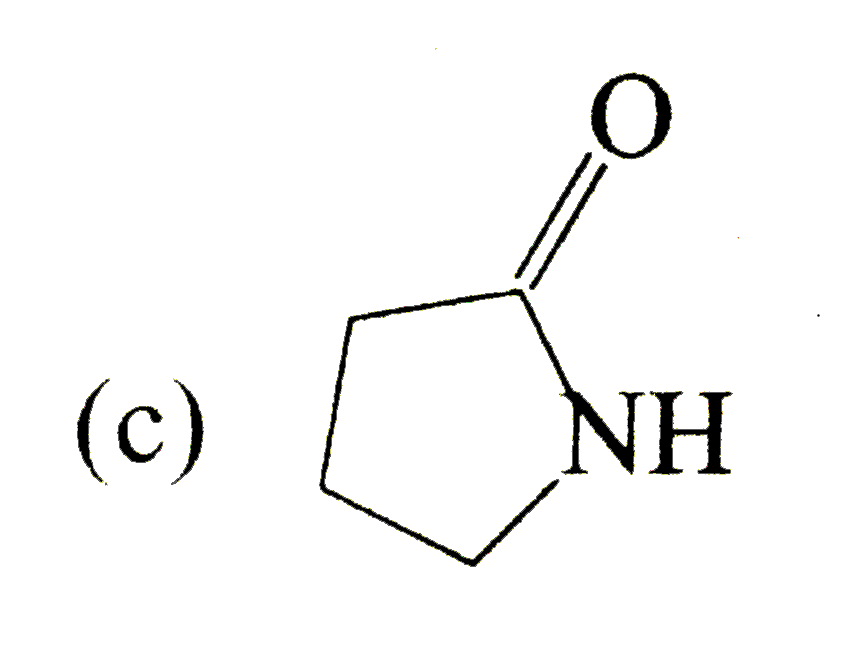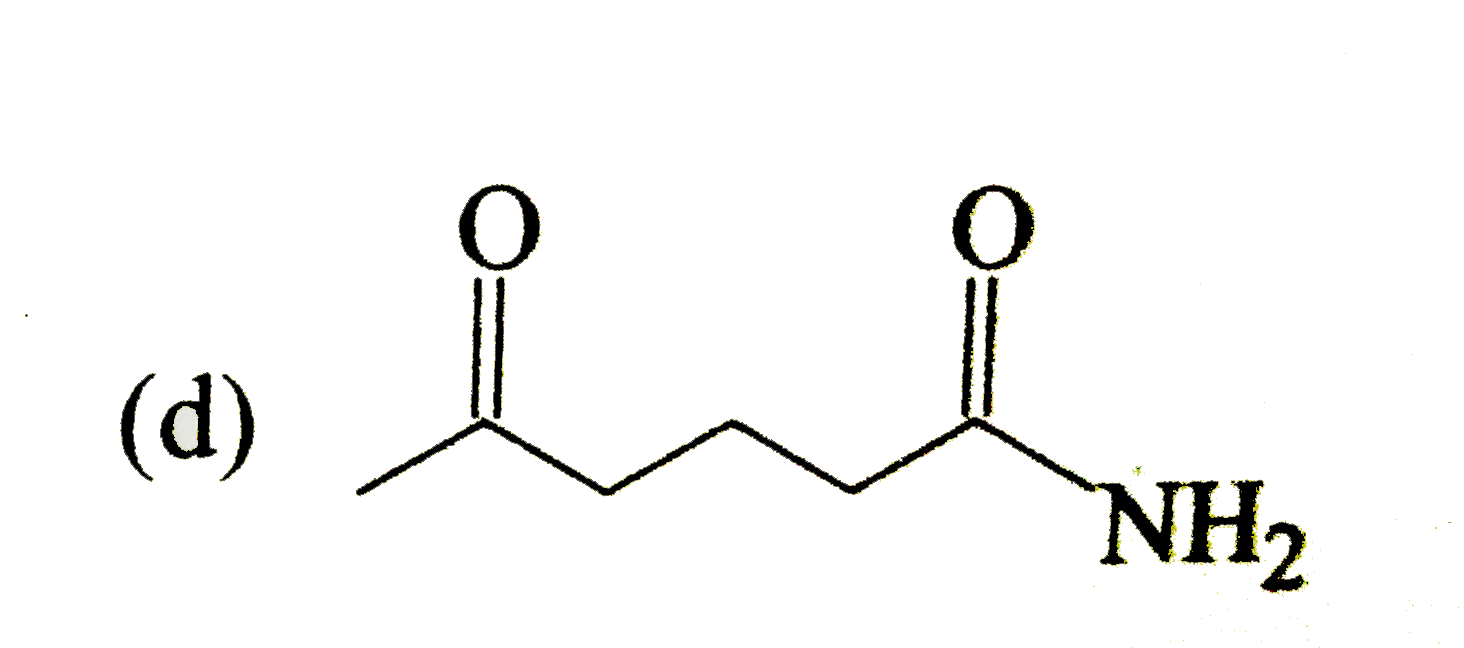Which of the following method would not produce clones ?
Double fertilization
Apomixis
Vegetative reproduction
Tissue culture
The correct Answer is:A
To determine which method would not produce clones, let's analyze each option provided:
1. Double Fertilization:
- This process occurs in angiosperms (flowering plants) where two male gametes from the pollen tube fertilize the egg cell and the central cell. The first fertilization results in the formation of a zygote, while the second leads to the formation of endosperm. Since this process involves fertilization and the combination of genetic material from two parents, it does not produce clones, which are genetically identical individuals.
2. Apomixes:
- Apomixes is a form of asexual reproduction where seeds are produced without fertilization. The offspring are genetically identical to the parent plant, hence they are considered clones.
3. Vegetative Reproduction:
- This is another form of asexual reproduction where new plants grow from parts of the parent plant, such as stems, roots, or leaves. Since the offspring are genetically identical to the parent, they are also considered clones.
4. Tissue Culture:
- In tissue culture, a part of the plant (called explant) is cultured in a nutrient medium to grow new plants. All the new plants produced through this method are genetically identical to the original plant, thus they are clones.
Based on this analysis, the method that does not produce clones is Double Fertilization.
Final Answer: Double Fertilization
---
- This process occurs in angiosperms (flowering plants) where two male gametes from the pollen tube fertilize the egg cell and the central cell. The first fertilization results in the formation of a zygote, while the second leads to the formation of endosperm. Since this process involves fertilization and the combination of genetic material from two parents, it does not produce clones, which are genetically identical individuals.
- Apomixes is a form of asexual reproduction where seeds are produced without fertilization. The offspring are genetically identical to the parent plant, hence they are considered clones.
- This is another form of asexual reproduction where new plants grow from parts of the parent plant, such as stems, roots, or leaves. Since the offspring are genetically identical to the parent, they are also considered clones.
- In tissue culture, a part of the plant (called explant) is cultured in a nutrient medium to grow new plants. All the new plants produced through this method are genetically identical to the original plant, thus they are clones.
Topper's Solved these Questions
Similar Questions
Knowledge Check
Which of the following methods would you consider to be the best for preparing n-propylbenzene?
AC6H5Br+CH3CH2CH2BrNa−−−−−→Br2O,ΔBC6H6+CH3CH=CH2H3PO4−−−→250∘CCC6H6+CH3CH2CH2ClAlCl3−−→HeatDC6H6+CH3CH2COClAlCl3−−−−−−−−−−−−−−−−−−→((ii)C≤mmensonreduction)Which of the following monomers would produce the condensation polymer below?
 A
A B
B C
C D
D
Which of the following methods can be used to produce phosphine gas ?
ACa3P2+H2O→BPH4I+KOH→CHeating of H3PO2DWhite P+NaOHInert−−−−−−→atmosphere
Which one of the following reaction would produce secondary alcohol?
View SolutionWhich of the following would produce analog signals and which would produce digital signals?
View SolutionWhich of the following would produce cyclic silicon on hydrolysis?
View SolutionWhich of the following reactions would produce same product?
View SolutionWhich of the following methods would serve to prepare 1-phenylpropan -2-ol.
View Solution
